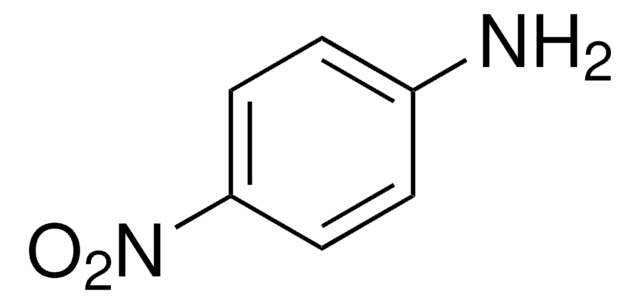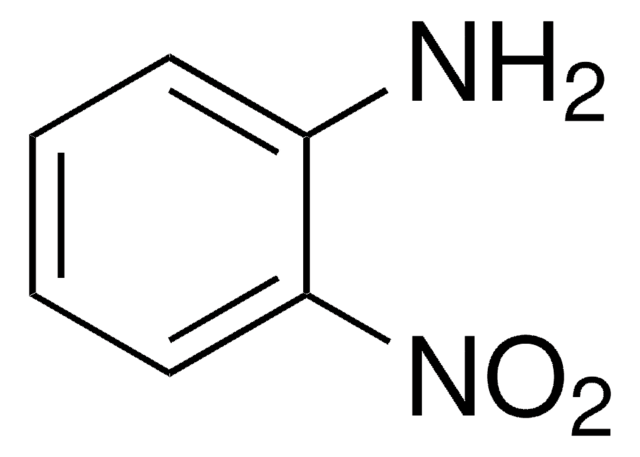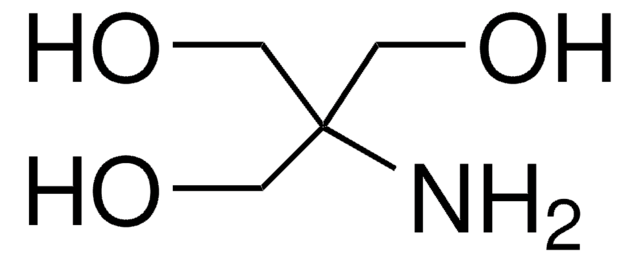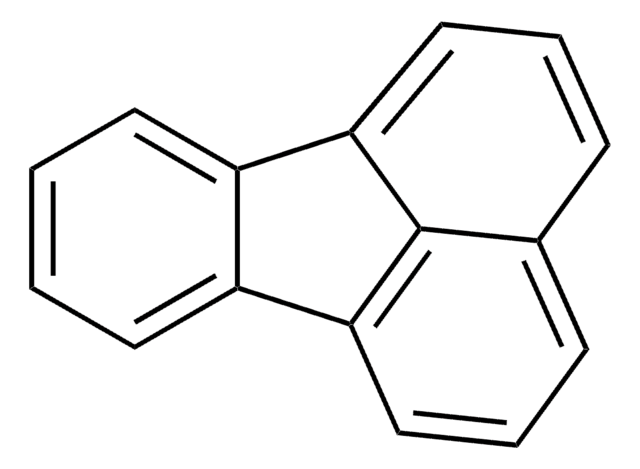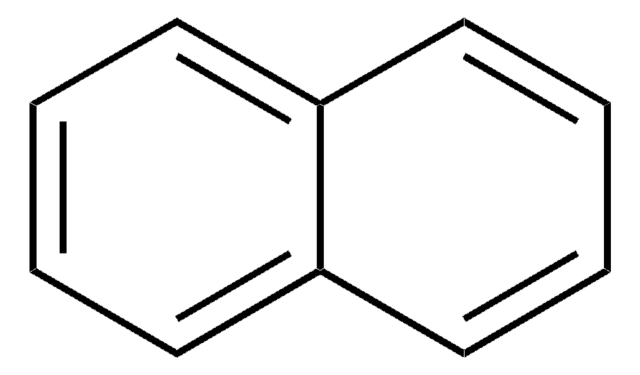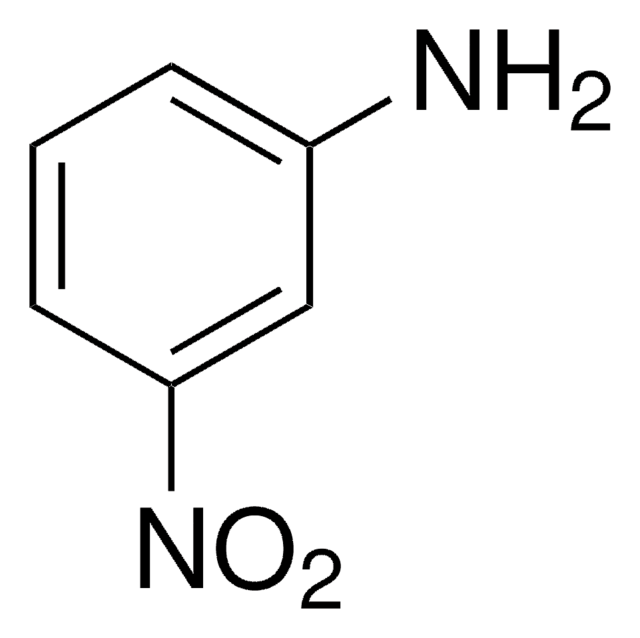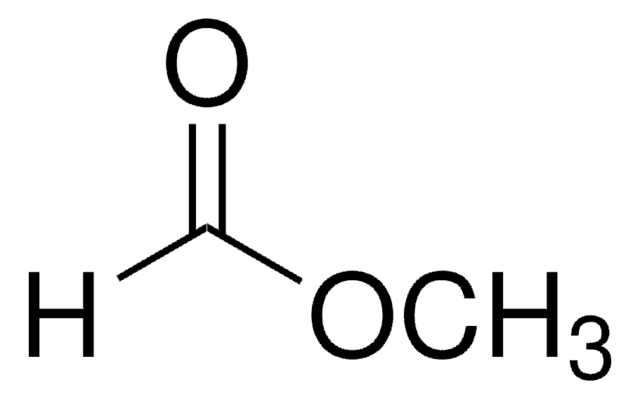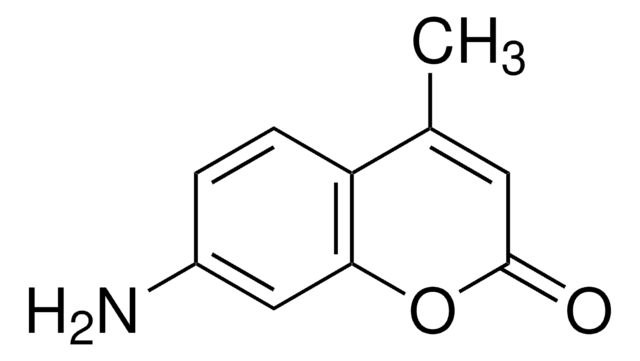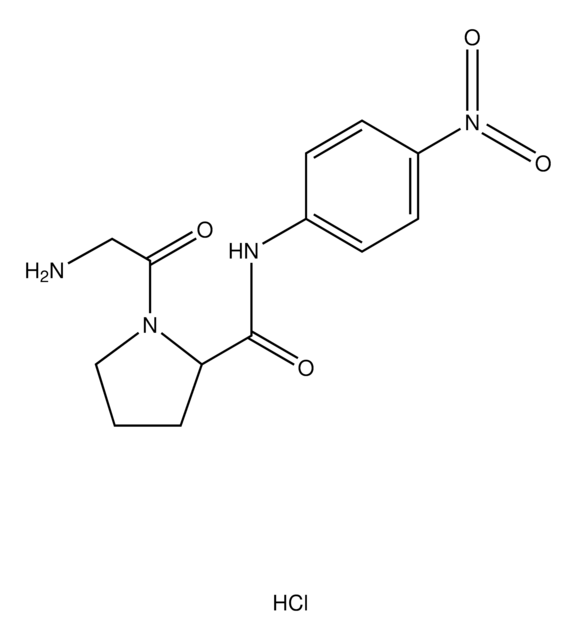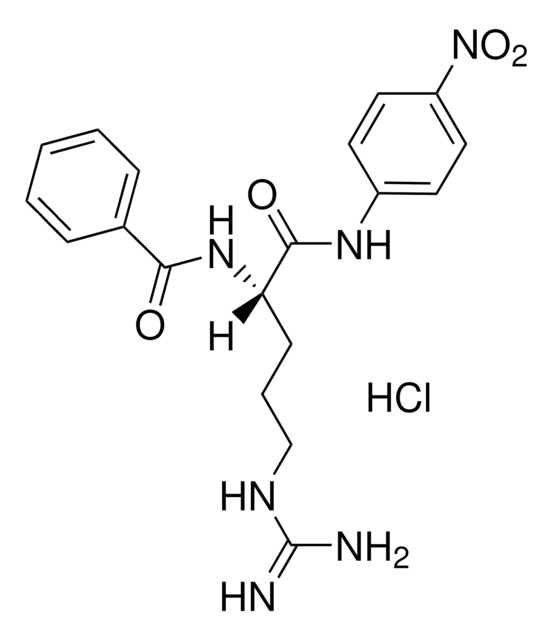About This Item
Recommended Products
grade
analytical standard
Quality Level
assay
≥98% (GC)
shelf life
limited shelf life, expiry date on the label
technique(s)
HPLC: suitable
gas chromatography (GC): suitable
bp
260 °C/100 mmHg (lit.)
mp
146-149 °C (lit.)
application(s)
environmental
format
neat
SMILES string
Nc1ccc(cc1)[N+]([O-])=O
InChI
1S/C6H6N2O2/c7-5-1-3-6(4-2-5)8(9)10/h1-4H,7H2
InChI key
TYMLOMAKGOJONV-UHFFFAOYSA-N
Looking for similar products? Visit Product Comparison Guide
Related Categories
General description
Application
Recommended products
signalword
Danger
Hazard Classifications
Acute Tox. 3 Dermal - Acute Tox. 3 Inhalation - Acute Tox. 3 Oral - Aquatic Chronic 3 - STOT RE 2
Storage Class
6.1A - Combustible, acute toxic Cat. 1 and 2 / very toxic hazardous materials
wgk_germany
WGK 3
flash_point_f
415.4 °F - closed cup
flash_point_c
213.0 °C - closed cup
ppe
dust mask type N95 (US), Eyeshields, Faceshields, Gloves, type P2 (EN 143) respirator cartridges
Choose from one of the most recent versions:
Already Own This Product?
Find documentation for the products that you have recently purchased in the Document Library.
Customers Also Viewed
Our team of scientists has experience in all areas of research including Life Science, Material Science, Chemical Synthesis, Chromatography, Analytical and many others.
Contact Technical Service